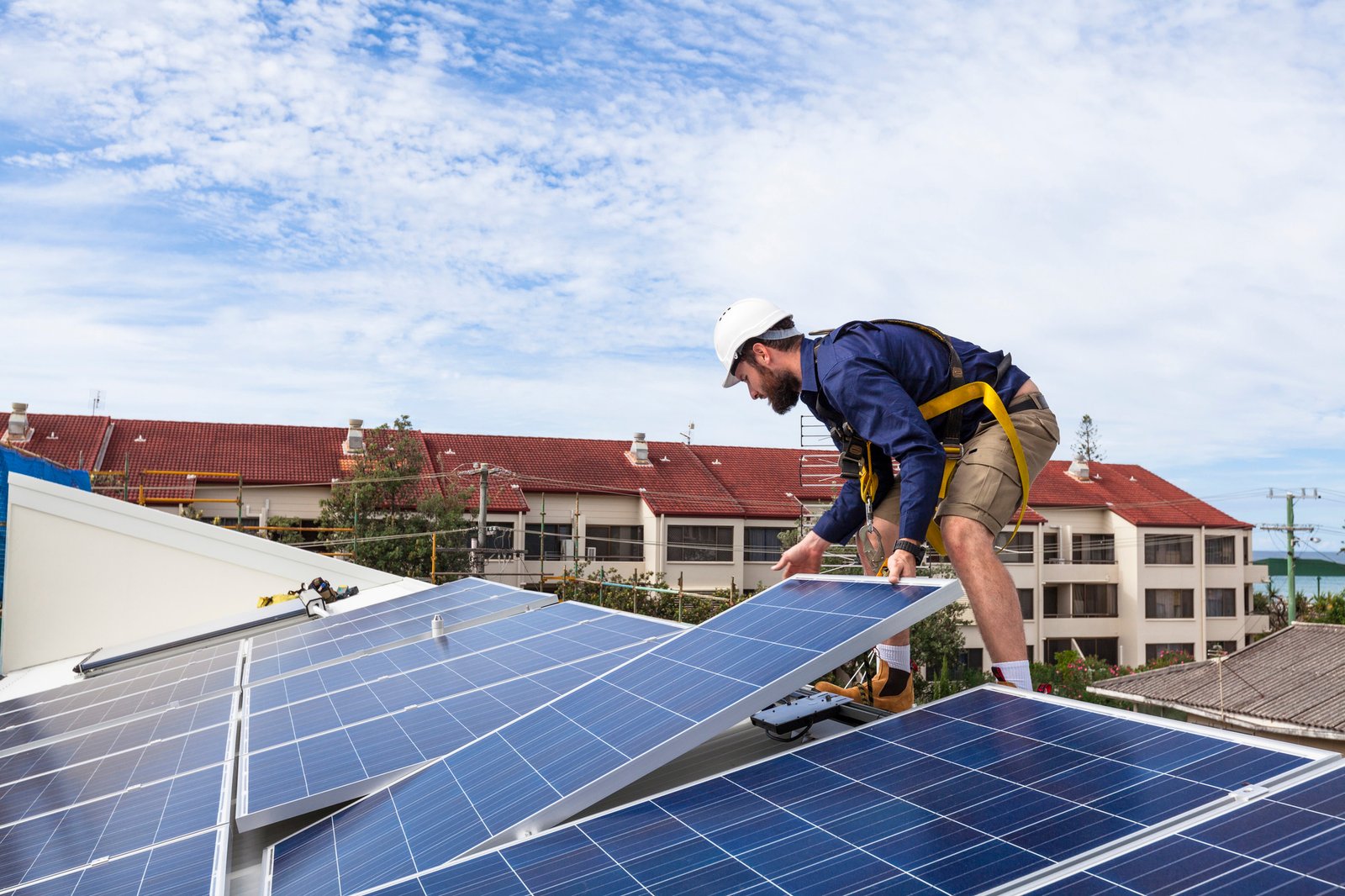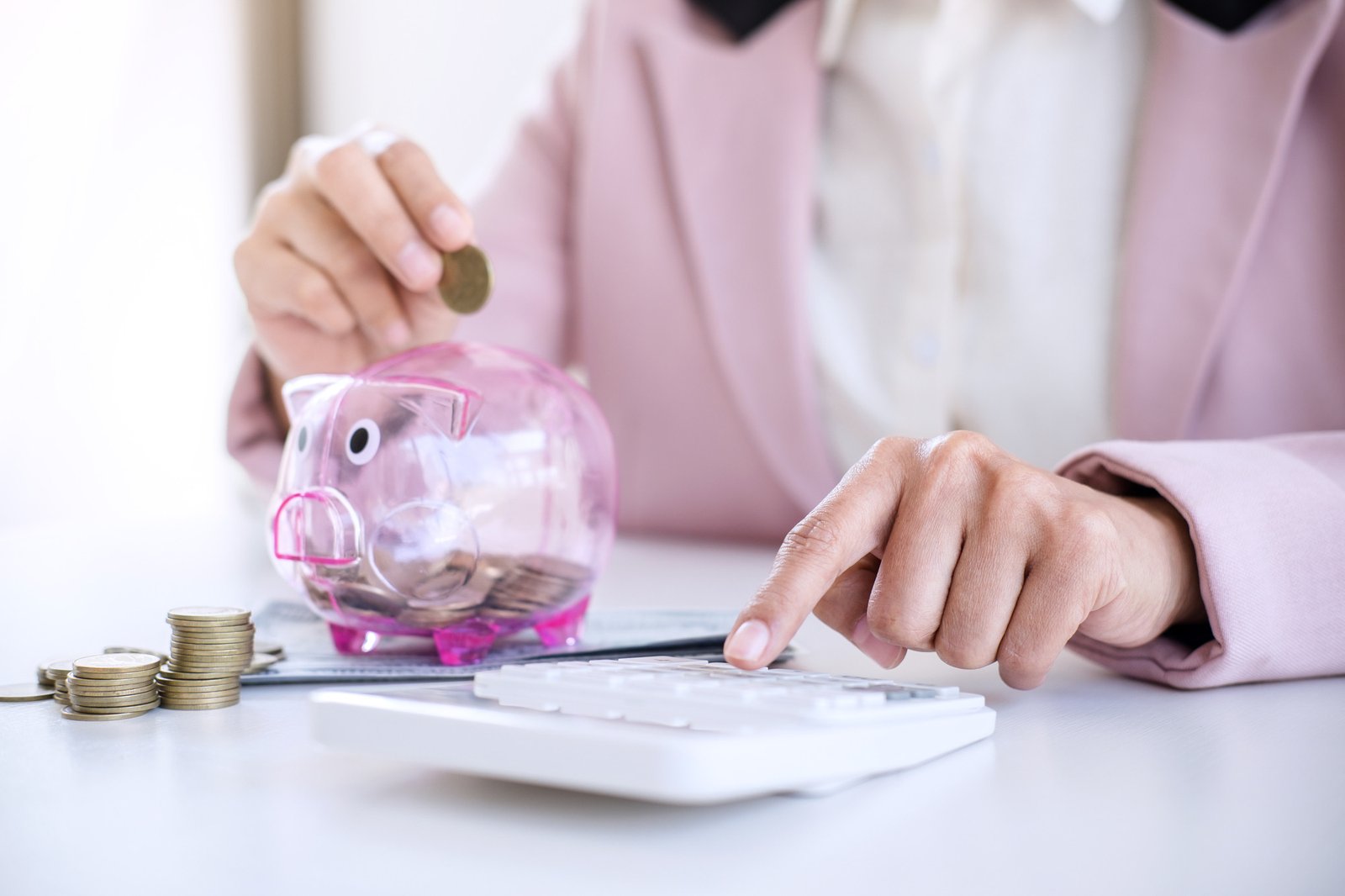Financial priorities and differences between socioeconomic groups might be better understood by taking a close look at spending patterns. Financial habits and the right mindset is what sets the rich apart from the poor. Here are 12 things that poor people spend money on but the rich don’t –
Fast Food and Convenience Meals

Food quickly prepared and served at chain restaurants is associated with fewer nutrients. Poor people rely heavily on these meals due to limited access to fresh, affordable, and costly groceries.
Studies demonstrate a relationship between dietary practices and socioeconomic level, with lower-income people consuming more quick and processed meals. A 2023 report by the USDA found that a healthy diet costs significantly more than a diet based on processed food. Rich people can opt for more nutritious food items high in nutrients and reduce the risk of chronic disease.
Late Fees and Penalties

Limited financial literacy and unstable income streams can lead to the high occurrence of incurring overdraft fees for low-income individuals. Falling behind on these expenses could have a domino effect, pushing the family into a debt trap. These fees make it difficult for low-income families to afford necessities, further increasing their financial instability.
According to studies, Americans paid nearly $300 billion in overdraft fees over the past two decades, including $9 billion last year. The rich keep track of their balances and always maintain sufficient money to avoid paying these expenses.
Lottery Tickets

It is a gambling game where people buy numbered tickets to win money. Lower-income individuals will likely spend most of their money on lottery tickets, hoping for a financial windfall. Despite the low chances of winning, many impoverished people invest in lottery tickets due to economic insecurity and the desire for a fast cure.
Research indicates that households have spent more on lotteries as compared to books, video games, and movies combined. Rich people believe the lottery is a wealth-draining activity and choose to invest their money in better assets.
Rent-to-Own Services

These services enable customers to purchase goods at a discount from retail, frequently through monthly payments. The lack of upfront capital and financial constraints can lead poor people to choose these rent-to-own agreements.
However, they must realize that the long-term financial implications are high despite the lower rent. Poor people will likely utilize all the items covered in the agreement, paying recurring expenses without owning them. The rich would instead buy the required services and often invest in these businesses to get a monthly revenue without losing ownership.
Branded products

People often fall into the trap of buying things to impress others, even though items are temporary and not valuable in the long run. Poor people usually save money and spend on brand-name products with the thought that they will look incredible. Societal pressures and brand loyalty can influence spending on well-known brands. Research indicates that lower-income households tend to devote a more significant percentage of their spending on branded products, often at the price of necessities—the rich look for affordable alternatives by prioritizing quality over brand recognition.
Subprime Loans

Individuals with low credit ratings are charged higher rates than the prime rate markets. The lenders generally target poor individuals by providing them with high-interest loans with unfavorable terms. Subprime loans are standard in low-income areas due to restricted access to standard banking services and biased lending policies.
Research indicates that individuals with lower credit scores are more likely to be offered subprime loans, perpetuating cycles of debt and financial insecurity. The rich people avoid high-interest loans, and if they borrow money, they avoid using it for consumption.
Lack of Investment

Investing in the right assets and oneself is extremely important to get the best returns. Poor people often worry about their financial conditions and focus on their lack of money. They spend on items that have zero returns, hence saving less. Lack of proper knowledge and mindset is the reason for their condition.
While the investment could be low initially, this could help them plant seeds for the future. They also focus on superficial investment instead of investing in oneself, which could change their lifestyle. Rich people have more access to wealth and more choices for investment. The mindset of wealthy individuals also sets them apart as they believe in investing in themselves to get better in life.
Short Term Thinking

They focus only on what is before them and make decisions based on that. Poor people need more money to get through the day with minimum effort. They do not think about the money they will need tomorrow. Rich people think about the long term as if they are playing chess; the moves(actions) they take today will set them up for success in the coming days.
Multiple Membership

The access of being a member to an exclusive service comes at a cost. Signing up for membership is easy, and their yearly plans seem tempting at such low costs. Poor people fall into the trap of signing up for multiple memberships, be it streaming services, local gyms or other services.
These small accumulative costs tend to become larger repeated monthly payments that drain a hole in the budget. Most of the services are not utilized by the people, wasting money. Rich people always keep track of what they have signed up for and cancel memberships when it is no longer helpful, thereby saving money.
Tobacco and Alcohol

Whether it is smoking cigarettes or drinking alcohol, both of them affect not only your health but also your wallet. Someone who is a regular addict could end up losing a lot of money on daily consumption of these items. Poor people often label the consumption of these items as a coping mechanism for their stress and financial struggles. While these purchases give temporary happiness and relief, they affect one badly regarding health and finances.
Internet Access

The Internet is now necessary for many parts of life, including schooling and job finding. However, having access to the Internet can be costly, particularly for low-income households. Low-income households are less likely than wealthier households to have a broadband internet connection, according to a 2022 study from the National Telecommunications and Information Administration NTIA. For those with low incomes, this lack of access may result in a digital gap that limits their potential. The rich use the Internet to make money and increase their wealth.
Paying Taxes

Low-income people may have to pay a more significant proportion of their income in taxes, which puts a heavier strain on them. Their financial struggles worsen, making it harder for them to spend money on leisure activities and raise their living standards. The rich might pay a higher amount of tax but have various sources to generate wealth.


